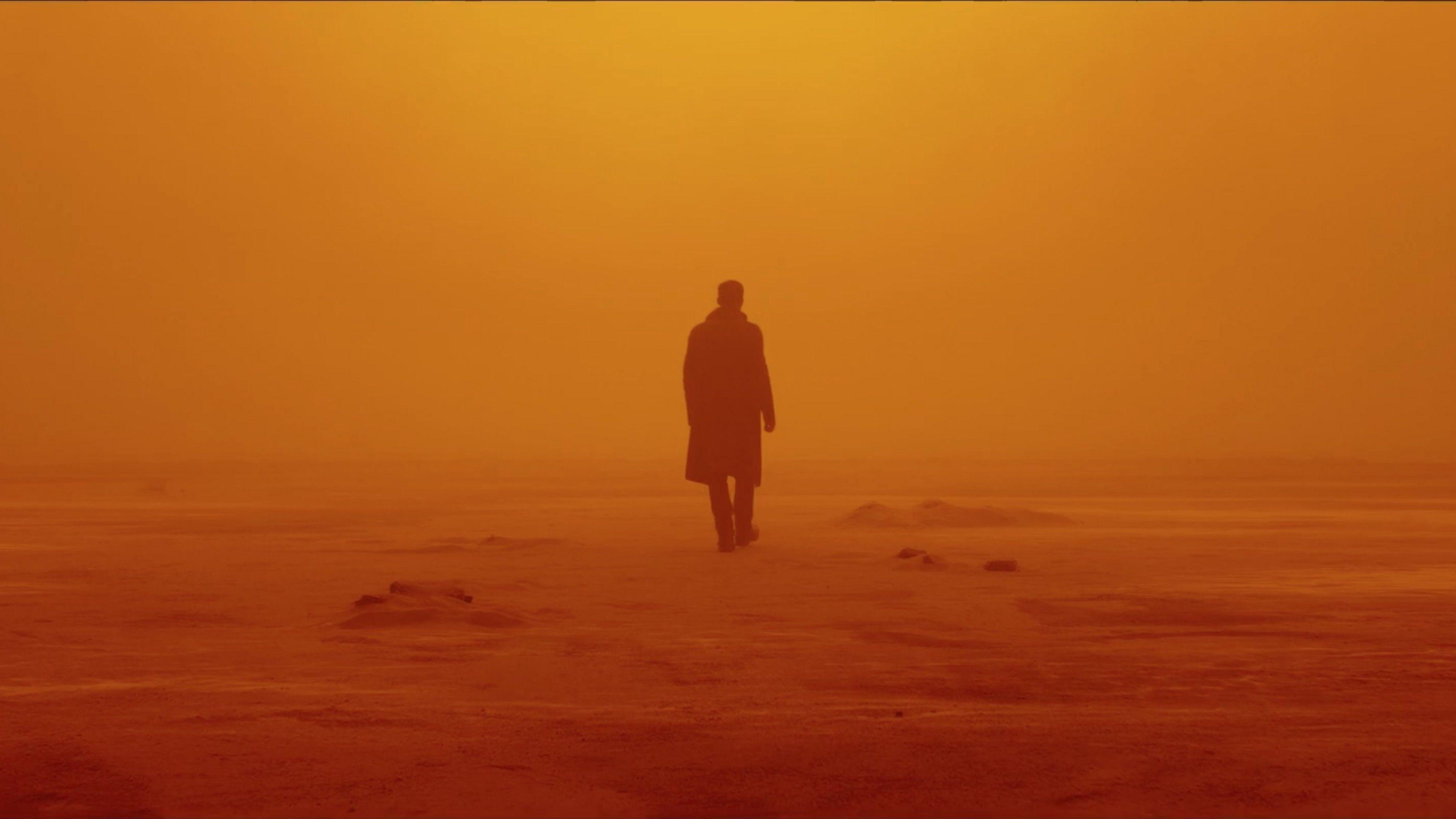

But at the start of the film we’re told he’s a replicant-a more compliant model designed to hunt and kill his own kind. Officer K (Ryan Gosling), the protagonist of Denis Villeneuve’s long-awaited sequel Blade Runner 2049, has the same job Deckard did. Human History Gets a Rewrite William Deresiewicz Roy’s final monologue is so magical because it’s the moment where Deckard, and viewers, finally realize the enemy is not the unstoppable monster he appeared to be. The debate about whether Deckard is a replicant himself is the mysterious undercurrent to Scott’s movie, but not its beating heart. Deckard’s arc in the film is one of empathy-he’s a bounty hunter who begins to understand the humanity of his quarry, both in his fearsome respect for Roy and his love for Rachael (Sean Young), another replicant who’s unaware of her true nature.

In the world of Blade Runner, replicants are an underclass used as slave labor. Roy is super-strong and terrifying, to be sure, and unafraid to commit murder, but Scott shoots the tow-headed Hauer like an angel, especially in his unforgettable death scene, as he saves Deckard’s life and crouches over him, imparting his strange, alien memories to his would-be assassin before expiring. It’s his primary target, Roy Batty (Rutger Hauer), an escaped combat unit seeking a cure to the four-year lifespan built into his system. The hero of Blade Runner, Ridley Scott’s 1982 dystopian masterpiece, isn’t Rick Deckard (Harrison Ford), the cop who finds and kills “replicants” (bioengineered androids) for the LAPD in a grim, rain-drenched futurescape. This story contains spoilers for Blade Runner 2049.


 0 kommentar(er)
0 kommentar(er)
